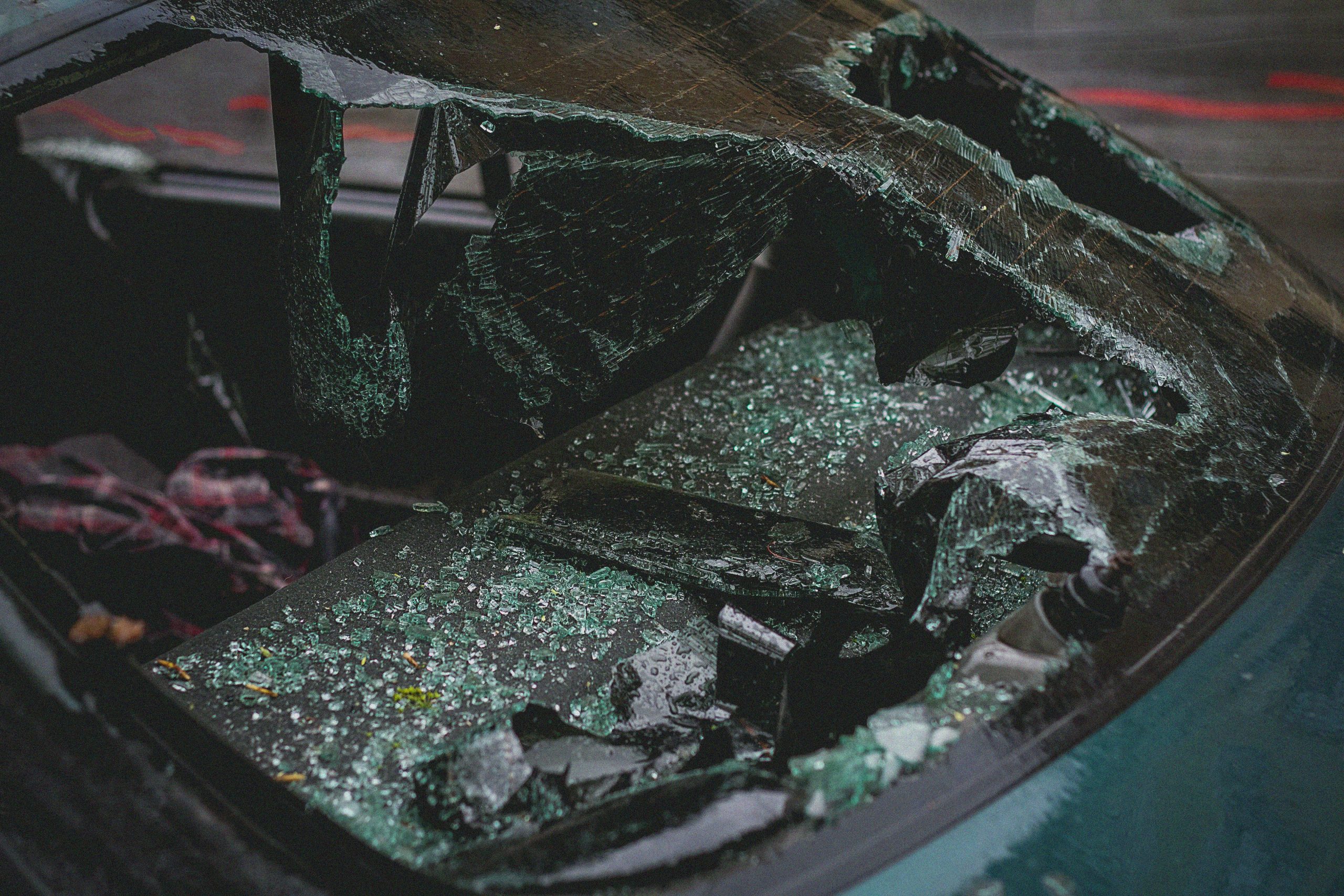Understanding Liability After Selling a Vehicle: What to Do When You Receive Unexpected Claims
Selling a vehicle involves more than just exchanging money and handing over the keys. It’s crucial to ensure that the sale is thoroughly documented and that all necessary steps are taken to protect yourself from future liabilities.
Recently, a common concern has emerged among vehicle sellers: receiving unexpected notices demanding payment for damage or fines related to a vehicle that has already been sold. Here’s a real-world scenario illustrating this situation and some guidance on how to navigate it.
Case Overview
A car owner sold their vehicle and retained a signed copy of the title (pink slip) along with proof that they filed a Release of Liability with the DMV. Despite this, the new owner was involved in an accident, and now a collection agency—AFNI—is claiming the original seller owes $12,000 for damages stemming from the incident.
Meanwhile, the original owner reports that the new driver was uninsured and had been arrested following the accident. She provided AFNI with the official Release of Liability and a police report confirming she was no longer the registered owner of the vehicle. She even checked with the DMV, which confirmed she is no longer listed as the vehicle’s owner.
Legal and Practical Insights
This situation raises important questions about the legal protections and obligations of vehicle sellers:
-
Is the seller still liable after selling the vehicle?
Typically, once a vehicle is sold and a valid Release of Liability is filed, the original owner’s responsibilities are considered fulfilled. This document serves as proof that the seller has officially transferred responsibility. -
Can collection agencies pursue former owners?
Generally, collection agencies should not target the seller if the sale was properly documented and the DMV was notified. However, the specifics can vary depending on local laws and whether procedures were correctly followed. -
What steps should sellers take to shield themselves?
- Always file a Release of Liability immediately after the sale.
- Keep copies of all transaction documents and receipts.
- Notify your DMV and any relevant agencies promptly.
- Consider reporting the sale to your insurance company, if applicable.
What to Do When Facing These Claims
If you find yourself in a similar situation, consider the following:
-
Gather Evidence: Collect all documents related to the sale, including the signed title, proof of liability release, police reports, and correspondence with the DMV.
-
Contact Relevant Agencies: Reach out to your



